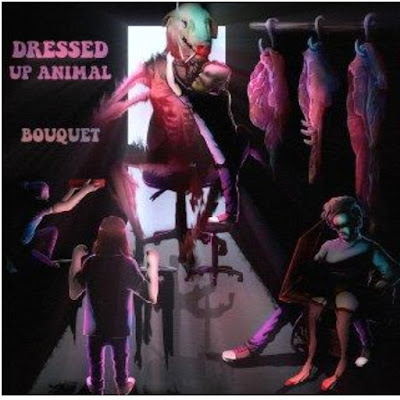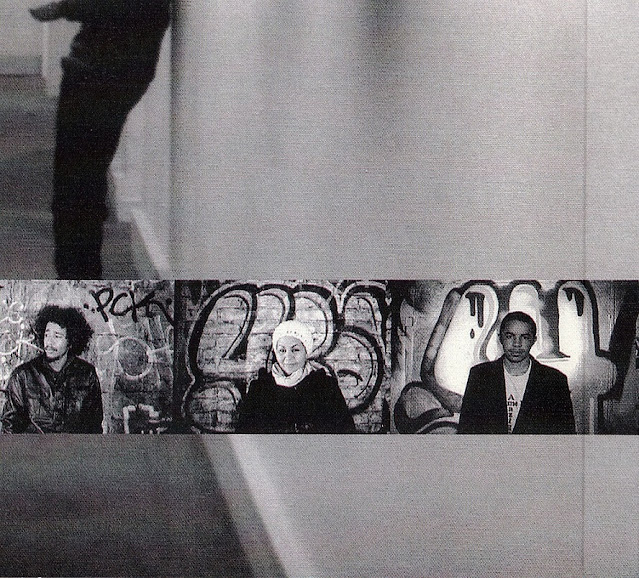Ache Contigo - 30 Temas Santeros Originales - CD 2
01. Mi Veneración - Miguel Matamoros
02. Babalu Ave - Carmen Flores
03. Saludo a Chango - Los Compadres
04. Los tres amigos - Aragón
05. Papa Elegua - Orq. Reve
06. San Lázaro - Celina y Reutilio
07. Flores para tu altar - Jacqueline Castellanos
08. Mi ruego a Ochun - Caridad Cuervo
09. Yemaya - Alberto Tosca
10. Ochun del Cobre - Gina Martin
11. Oye mi ritmo - Cuarteto las D'aida
12. El hijo de Elegua - Celino y Reutilio
13. Elube Chango - Cheo Marquetti
14. El rey del mundo - Celina y Reutilio
15. Rezo a Oya - Manguare





































